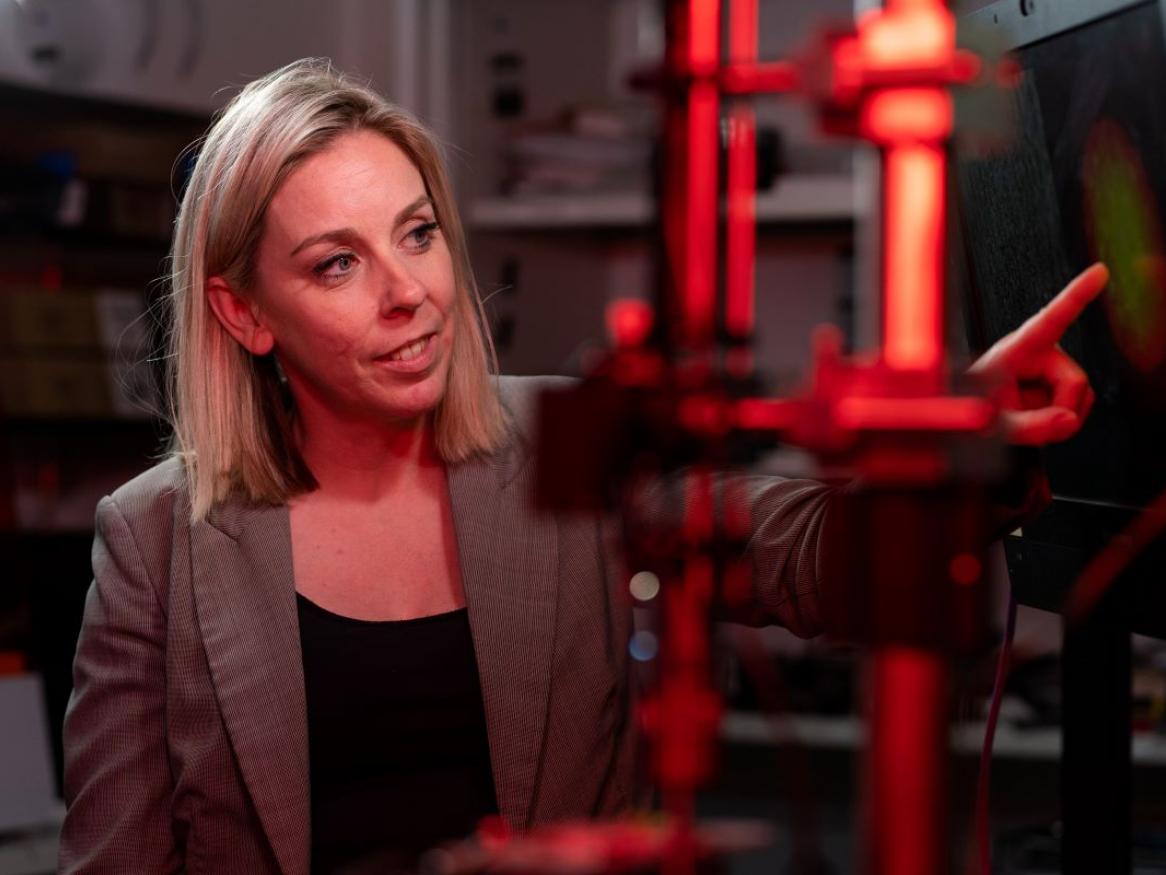News: ivf
Transforming IVF: Biophotonics Grant to Revolutionise Embryo Quality Selection

University of Adelaide early career researcher Dr Tiffany Tan has received a Berns-SPIE SPARK grant, aiming to improve the success rate of IVF through pushing the boundaries of reproductive technology.
[Read more about Transforming IVF: Biophotonics Grant to Revolutionise Embryo Quality Selection]
Lighting the way with accurate and safe 3D embryo imaging

The inability to accurately predict embryo viability prior to implantation is a key contributor in the low success rate of clinical in-vitro fertilisation (IVF), but a team of experts is highlighting a safe way to study embryos using 3D optical imaging.
[Read more about Lighting the way with accurate and safe 3D embryo imaging]
Case study: Shining light on embryo health

Pregnancies assisted by in-vitro fertilisation (IVF) have doubled between 2002-2017, however, the IVF success rate has remained stagnant – something Associate Professor Kylie Dunning, leader of Robinson Research Institute’s Reproductive Success group, would like to change.
[Read more about Case study: Shining light on embryo health]
EmbryoGen

Research on the immune response to pregnancy by Prof Sarah Robertson led to the development of a first-in-class embryo culture media to increase chances of embryo implantation in women suffering repeated IVF failure.
Holograms for life: improving IVF success

In a world-first, 3D holographic images of an embryo have been developed as part of a collaborative research project.
Acupuncture during IVF doesn’t increase chances of having a baby
Acupuncture has become a frequently used treatment prior to and during in-vitro fertilisation (IVF). Women hope it will increase their chances of having a baby, but also provide support with reducing stress, and feeling relaxed and well while undergoing treatment.
[Read more about Acupuncture during IVF doesn’t increase chances of having a baby]
Making babies in the 21st Century
The RRI hosted the 5th annual Making Babies in the 21st Century public forum last week in the University’s Adelaide Health and Medical Science Building.
